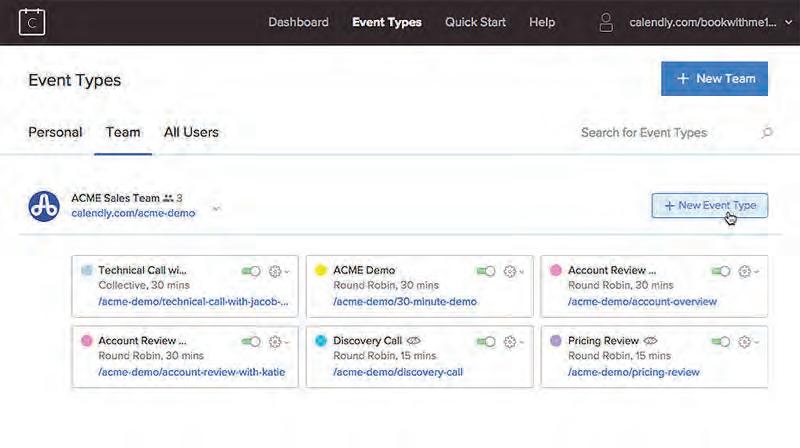Lifestyle/Culture
How One Muslim Woman is Normalizing the Hijab Through Comics By Tasmiha Khan IN A TIME WHERE the hijab is politicized, Huda Fahmy, a Muslim American author and illustrator, found an innovative way to satirize the reactions to the traditional Islamic head covering while also attempting to normalize it: cartoons. The author of two books — That Can Be Arranged: A Muslim Love Story, and her most popular work to date, Yes, I’m Hot In This — Fahmy uses comics as a way to dismantle stigmas towards women who observe hijab. While she does not think her book will cure Islamophobia, Fahmy believes telling her story is important, especially during the Trump era, when the climate of fear and ignorance seems like it's at an all-time high. “The more people are exposed to authentic marginalized voices, the less they fear them,” Fahmy tells Shondaland. A former middle and high school teacher, Fahmy was inspired to begin writing about her experiences after Donald Trump was elected and enacted the Muslim Ban shortly after taking office in 2017. After taking a break from work to stay home with her infant son, Fahmy’s sister encouraged her to share her work online. “He was taking so many naps, that I felt that there was nothing for me to do,” Fahmy recalls, noting she originally scanned and uploaded drawings to her blog before sharing them on Facebook, and eventually Instagram where she now has over 300,000 followers. “Islamophobia has been increasing much more due to social media,” she continues. “There were more open calls for Muslim voices and authors. I started noticing more hijabis in other non-Muslims’ comics. As a Muslim hijabi, being represented 76
January-February 2021
felt great. I collected essays of my personal experiences as a hijabi, and my sister asked me to turn one of my stories into a comic. All of that combined inspired me to write comics about my hijabi experiences.” Being raised as Muslim American woman in the United States is riddled with nuance — especially if you are the daughter of immigrants. But what Fahmy’s drawings provide is different from the mainstream portrayals we usually see. Through her work, Fahmy also gives readers different windows into her life — from marriage and parenting, to fasting during Ramadan and the racism and xenophobia she experiences — that many Muslim Americans can relate to, and non-Muslims may be learning about for the first time. This content is imported from Instagram. You may be able to find the same content in another format, or you may be able to find more information, at their web site. “I was born in America. My mother is Syrian and my father is Egyptian. They moved to America when they were young. They’ve been here longer than they’ve been in their home countries,” Fahmy says of her background. DAWN
www.africabusinessassociation.org












































